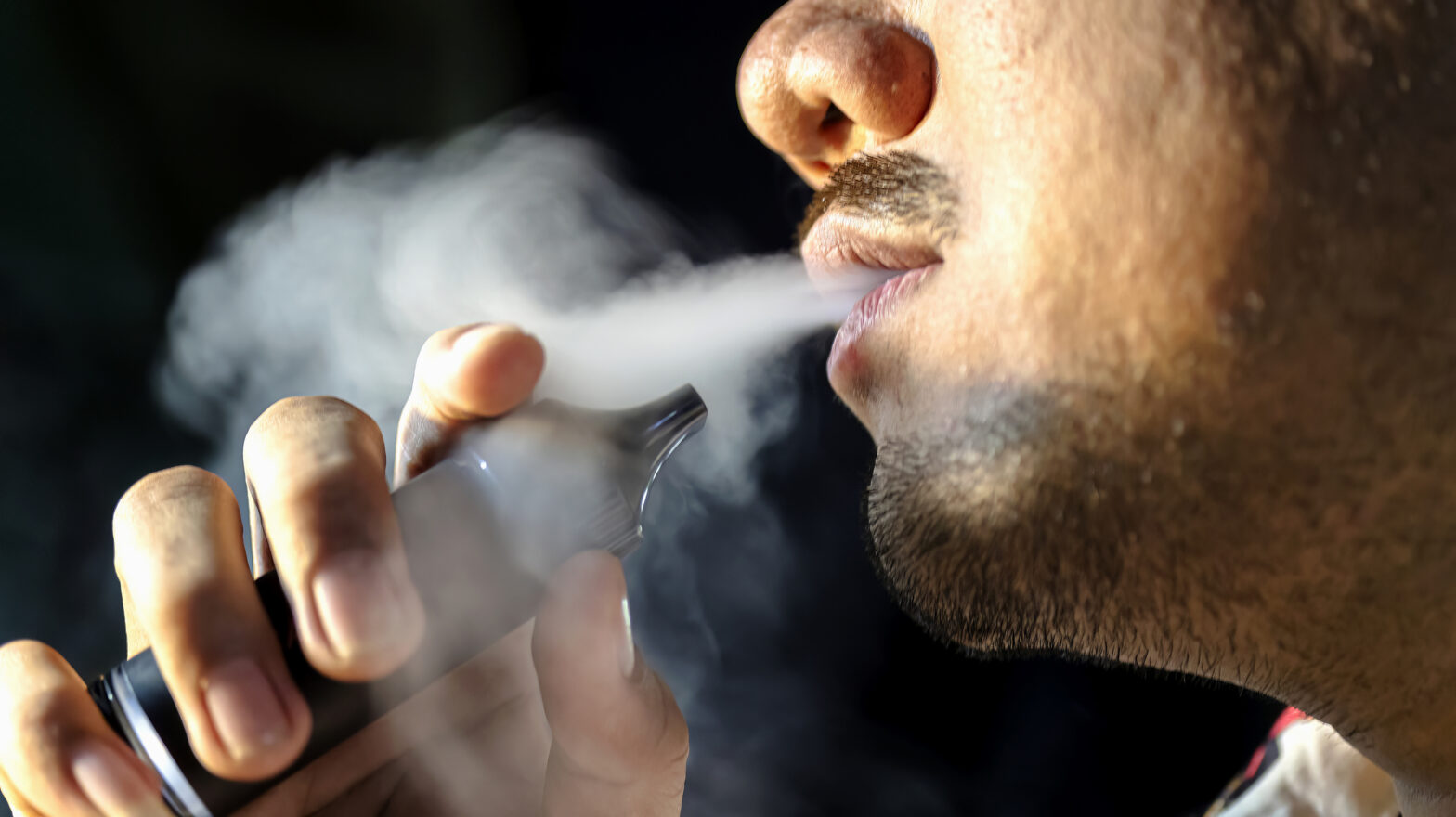When we write stories about travelers or expats who have had unique experiences around the world, it’s typically those from the African Diaspora sharing their perspective. And of course, when most people think about the island of Haiti, they also picture people of Black and/or African descent. But, what we also seem to miss is that there are people of other races and ethnicities who live or grow up in countries where they are seen as the minority— like writer Myriam Salomon, a white Haitian woman.
Salomon recently shared her personal experience with the Haitian Times, of growing up as a ‘white’ Lebanese person in Haiti, a country where 95% of its population identifies as Black.
According to her story, her grandparents migrated to the island in the early 20th century from their home country, Lebanon. They [her grandparents] never shared much about their Lebanese culture, in hopes that Myriam and her cousins would grow to adopt their new life in Haiti, easier.
“Our grandparents never taught us to speak Arabic because they didn’t want us to be seen or heard differently in Haiti,” she wrote in the piece. “In other words, they were focused on assimilation. They would speak Creole with a funny accent that I would find amusing as a little girl. They so much wanted us to be included and loved.”
She goes on to share that although she and her family proudly accepted their new home and its culture, it seemed as though Haitians never fully accepted them for what they felt they were— Arab Haitians, as opposed to ‘white people.’

“I wanted you to hear the other side, the one that no one has ever wanted or asked to hear because, as Arab Haitians, we were born guilty! My long hair would be pulled as a little girl, and I was repeatedly told, “Blan, ale lakay ou.” Creole for “White, go home.” Or “You Arabs are the ones sucking the country’s money.” I would cry. I didn’t even comprehend what they were accusing me of. My aunt had to cut my hair short to put a stop to it. Even worse, some of us were looted,” she shared.
Myriam has since relocated to the United States, and although she speaks fluent Creole and never adopted any of her Lebanese heritage, she says that even Haitian-Americans refuse to accept her for what she is.
“I am sick and tired of being silenced, especially now that I live in a country of free speech. I know what racism is, and I can relate to any Black person or anyone suffering from it worldwide because I have suffered from it in Haiti.”
“Today, I live in the United States. I still encounter many discriminatory comments from Haitians living here. “You don’t look Haitian,” some say. “How come you speak Creole? “Where did you learn to speak Creole so well?” At first, I’d be mad and defended myself until I found one simple answer: “You don’t look Haitian either,” whether the person asking me is black skin or not. Touché!”
She continued by referencing the current political climate on the island, including the recent assassination of President Jovenel Moise, and pointing out that the country’s focus should be on economic growth versus discrimination towards people who may not look like “normal Haitians.”
TN fam, let us know your thoughts in the comments. You can read Myriam Salomon’s full essay here.





